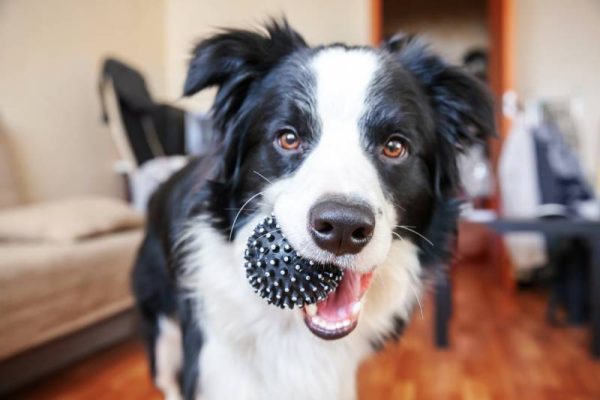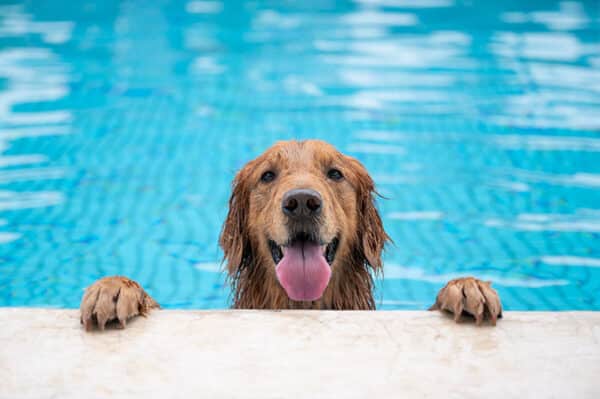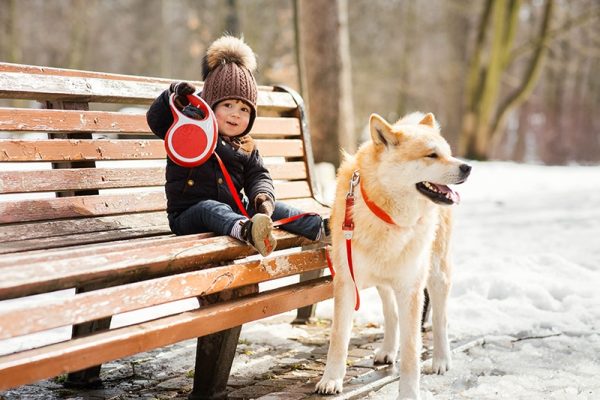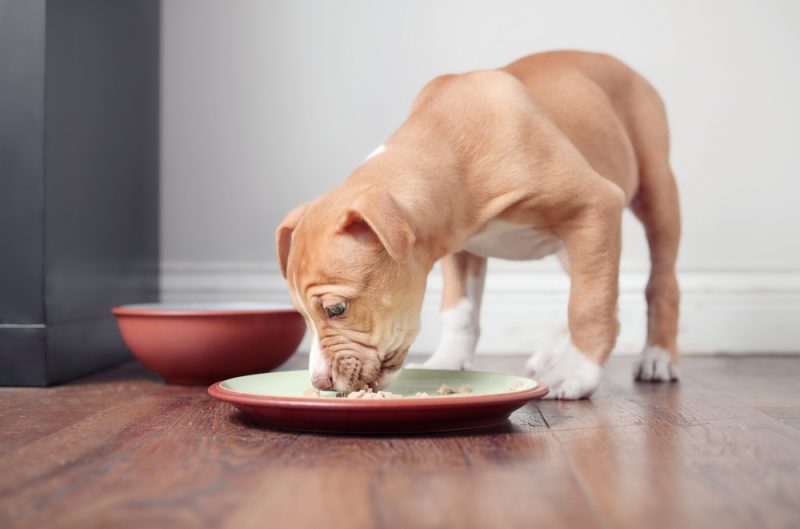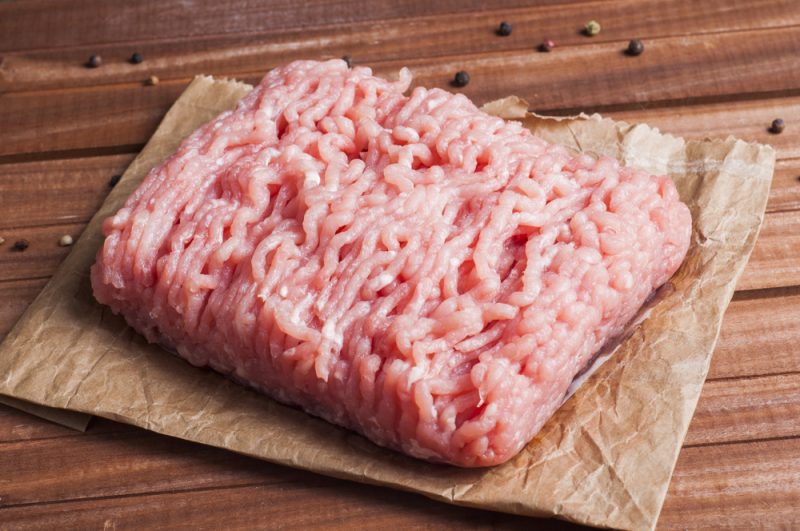In this article
Much is said about the number of hours a human should sleep, but there isn’t much information about dogs’ sleeping habits. Sure, they have a leisurely life full of eating, napping, snacking, and playing, but sleep is still a vital part of their daily life. In fact, most dogs spend about half of their day sleeping, but the exact number of hours can vary depending on several factors. Generally, dogs will spend around 12 hours every 24-hour period asleep
Keep reading to learn all you’ve ever wanted to know about dogs and their sleeping habits.

How Many Hours Do Dogs Sleep in a Day?
Dogs sleep much more than humans, though you may not realize it because our sleep schedules can be very different. Most humans operate on a diurnal sleep schedule where we sleep at night and are awake and active during the daylight hours. On the other hand, dogs rarely log all their sleep hours in one go. They will often adjust their sleep needs to suit their environment. For example, they may sleep 8 hours at night because you’re doing it, but they’ll also spend periods of their day napping while you’re away at work.
Most dogs will spend around 12 hours every 24-hour period asleep

 What Factors Influence Sleep Habits?
What Factors Influence Sleep Habits?
Not every dog will sleep 12 hours per day; some naturally need more and others less to function optimally.
What are they doing with the other 12 hours of the day? Dogs spend about 30% of their awake time “loafing,” essentially being present and awake but not partaking in any activity. Their loafing time is akin to a human’s time spent binge-watching Netflix or reading in bed. Your dog probably spends its daily loafing period lying down and being lazy.
Here are some factors that can influence your dog’s sleep habits.
Age
Puppies and seniors may sleep longer than their adult counterparts.
Puppies can sleep up to 20 hours a day because they’re rapidly growing and need bursts of energy to facilitate this growth and periods of rest afterward to recover.
Elderly dogs can spend 18 to 20 hours of their day asleep. They need to catch more Z’s because they tire easily from exertion and need additional time to replenish their energy.
Activity
Working dogs prefer to have a more active schedule which leaves less time for sleep. For example, pups that work as police or service dogs are active alongside their humans for much of the day, so they naturally have fewer opportunities for naps.
Inactive dogs are much more likely to log some serious sleep hours simply because they’re bored. This is why it’s important to take your pooch out for daily walks and ensure they’re getting enough exercise.


Signs Your Dog Isn’t Getting Enough Sleep
When humans don’t get enough sleep, we become irritable, have problems thinking, and lack energy. It may be strange to think that your dog can also experience side effects from lack of sleep, but they certainly can.
According to the Sleep Foundation, dogs can actually mimic the same symptoms of poor sleep habits we exhibit as humans.
- Poor memory
- Irritability
- Mood disturbances
- Forgetfulness
- Inability to recall basic commands
- Difficulty performing simple tasks

How Can I Help My Dog Sleep Better?
If you’ve now determined that your dog isn’t getting the sleep that it needs, there are several things you can do to help them sleep better.
1. Establish Routines
Dogs, like humans, often do much better when they have a consistent and predictable routine. Your dog should have a feeding, playing, and sleeping schedule it can rely on. It will like knowing what’s coming next, and having a routine can prevent any anxious feelings it has over the unknown.
2. Provide a Cozy Sleeping Area
Your dog will need a place to sleep away from the house’s hustle and bustle. Remember, they will be sleeping for up to 12 hours a day, ideally, so you’re likely to be awake for several hours your dog should be sleeping. Put their bed in a room where they won’t be disturbed by opening doors, screaming children, or a loud television.
The bed itself should also be comfortable. You might consider an orthopedic bed if your dog is older or has joint issues to help support them as they sleep.
Try to resist the urge to share your bed with your pet. Studies suggest that sleeping with your pets in bed increases sleep disturbances and negatively impacts sleep quality for you and your pet.

3. Give Them Plenty of Opportunities for Exercise
Dogs are like children in many ways, and most parents will tell you that they have spent a good part of their day trying to tire out their toddlers to ensure they sleep well at night. The same applies to your dog. The more exercise they get throughout the day, the better their sleep will be at night.
4. Speak to Your Vet
If you’ve tried every strategy to get your pup to sleep better, you should consult with your vet. Your dog may have an underlying medical condition impacting their sleep quantity and quality.
If you need to speak with a vet but can't get to one, head over to PangoVet. It's our online service where you can talk to a vet online and get the advice you need for your pet — all at an affordable price!

Final Thoughts
Sleep is as essential for dogs as it is for humans. You should expect a healthy dog to spend a good portion of their day in slumberland. If your dog is sleeping more or less than expected, you might consider using some techniques above to help them sleep better. If they are not getting enough or getting too much shut-eye while also acting unusually, make an appointment with your vet to determine if there is an underlying cause for this behavior.
Featured Image Credit: Przemek Iciak, Shutterstock


